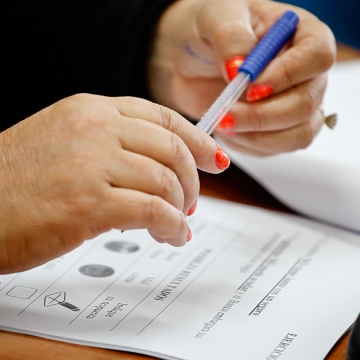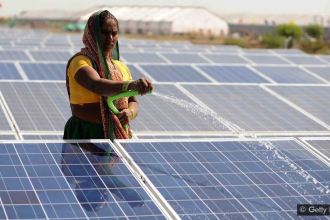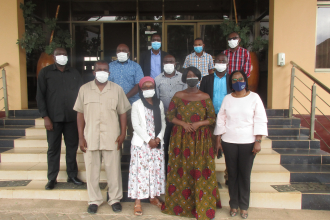Climate Policy: Science, Economics, and Extremes
Climate scientists, and natural scientists more generally, believe that climate change is a major, perhaps the most important, problem facing humankind this century, and that it is increasingly linked to extreme weather events. However, the impression one gets from much of the economic literature, particularly simulations from integrated assessment models used in policy analysis, is that the potential impacts of climate change are not large enough to warrant aggressive mitigation efforts in the near term.




